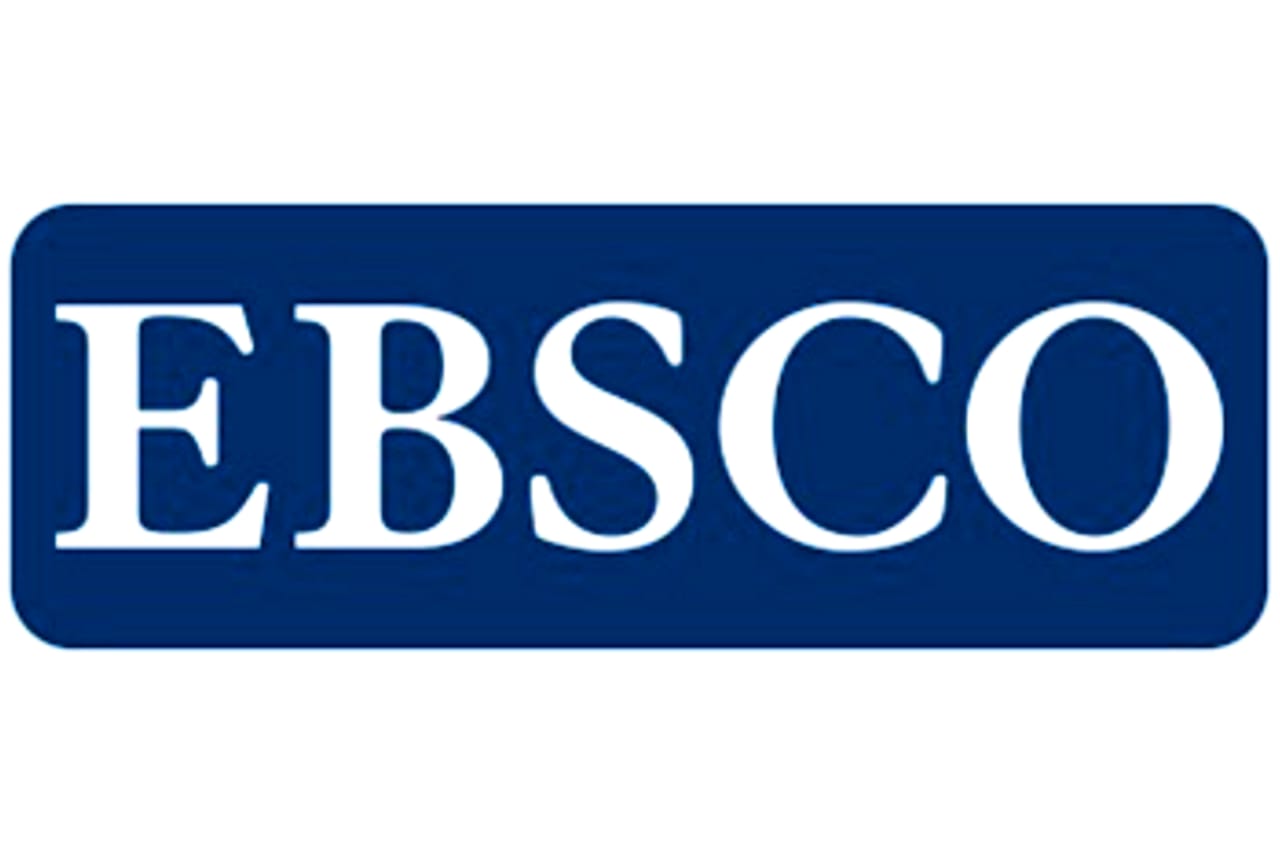INSTITUTIONAL QUALITY, FINANCIAL INCLUSION AND SHADOW ECONOMY IN NIGERIA (1991-2020): AN ARDL APPROACH
DOI:
https://doi.org/10.26577/FJSS.2022.v8.i2.02Abstract
The study examined the dynamic link between institutional quality, financial inclusion and the informal economy in Nigeria. These were with the view to examining the institutional influence of financial inclusion on the development of informal economy. Annual data covering the period 1991 to 2020 were used for the study. The study made use of Autoregressive Distributed Lag (ARDL) as the technique of estimation. The study found a long run association between the variables and also reveal that financial inclusion and institutional quality directly has a negative but significant effect on shadow economy in Nigeria. This reveals that the development of financial sector as well as quality institutions aids formal sector participation as against the informal sector thus a decrease in shadow economy size in Nigeria. The effect of the interaction of financial inclusion and quality of institution on shadow economy is also found to be positive and significant meaning that weak institution quality has its toll effect on financial inclusion and which result to growth in informal economy in Nigeria. The study concludes that quality of institution in Nigeria is weak and must be improved to favorably promote financial inclusion and successfully mitigate the effect of shadow economy in Nigeria. Therefore, reforms and policies that are required to improve transparency and accountability at all levels of governance as well as improvement in financial system are hereby recommended for policy makers.
Keywords: ARDL, Institutional quality, financial inclusion, shadow economy.











